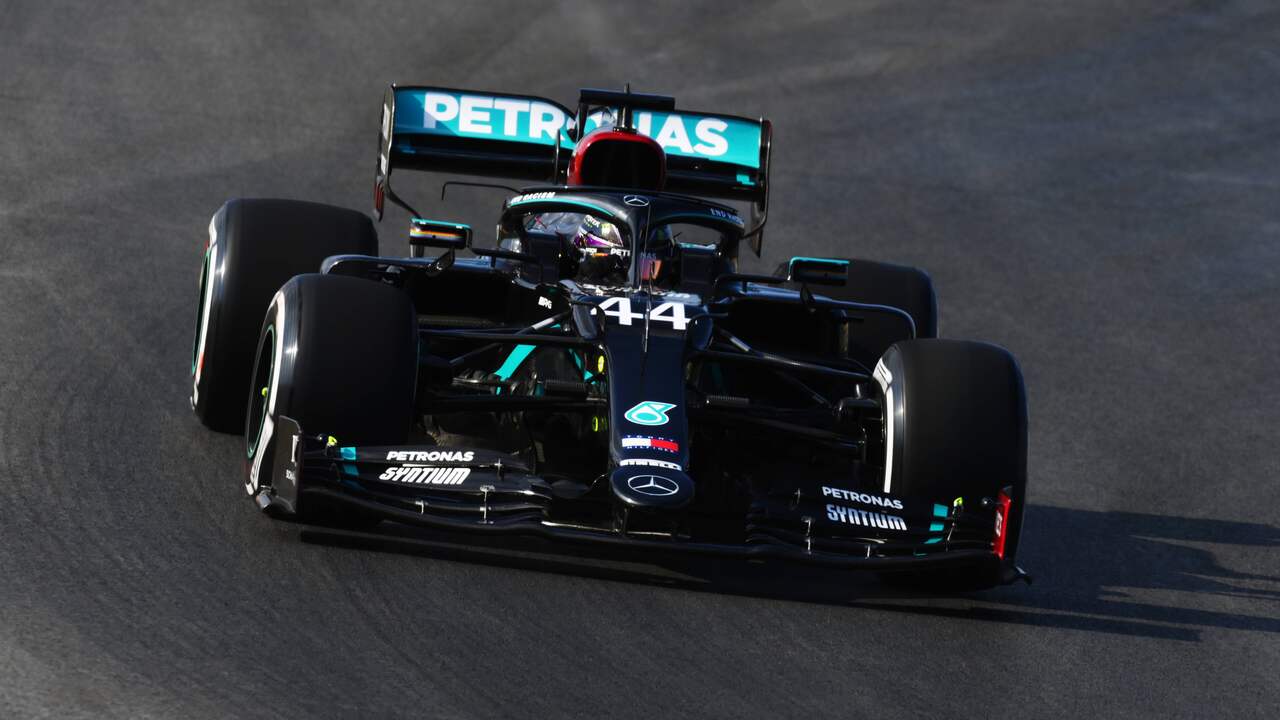Jakarta, Beritasatu.com – Diabetes Mellitus (DM) or better known as diabetes not only causes morbidity and mortality, but also high costs. Each year BPJS Kesehatan which manages the JKN-KIS program has to spend more than Rp 2 trillion to pay for diabetes services.
The amount of cost has also tended to increase in the last three years. In 2017, spending on DM was Rp. 2 trillion of the total cost of health services (pelkes) in that year of Rp. 84 trillion.
In 2018, of the total pelkes cost of Rp. 94 trillion, of Rp. 2.3 trillion for DM. Even so in 2019, the cost of DM increased to IDR 2.5 trillion from the total cost of pelkes in the same year of IDR 108 trillion.
The increase is an average of 2% each year. Likewise, the cost for drugs, DM is included in the dominance of the most expensive drugs besides hypertension and cardiovascular disease.
If proper intervention is not carried out early on, diabetes management in health services is estimated to reach Rp. 199 trillion. A total of Rp. 142 trillion of which is for financing complications.
Chairman of the Center for Health Economics and Policy Studies (CHEPS), University of Indonesia, Budi Hidayat said the impact of DM could erode BPJS Kesehatan finances if participants were not taken seriously.
“This requires a special and in-depth study, the government must also think about the regulations,” said Budi in a webinar entitled Media Briefing “The Economic Burden of Diabetes and The Innovative Policy” held by CHEPS UI, Friday (11/13/2020).
According to Budi, the increase in DM cases is like a ticking time bomb for anyone who has it. Because if not treated seriously complications can occur in the form of damage to the patient’s vital organs, such as the heart, liver, pancreas and kidneys.
In the midst of today’s cyber lifestyle, people tend to be lazy to move. Various activities can be done without moving at all. This causes a very large risk of diabetes.
Now people can do various jobs from the bed, starting from completing work, transacting finances, buying food, meeting personal and family needs can be done from bed to sleep again. As a result, DM, which used to be mostly suffered by the elderly, is now starting to infect young people.
DM, especially type 2, often does not show significant symptoms, so that the majority of sufferers do not realize that they have DM for years. If left untreated, people with this disease will experience definite organ damage but of very long duration.
According to Budi, handling diabetes at JKN incurs high costs with the majority of the costs used to handle complications, considering that 57% of DM patients specifically for type 2 diabetes have one or more complications. Then 74% of diabetes financing is used to treat complications due to diabetes. The cost of treating complications is 2 times higher than that of non-complications.
According to Budi, there are steps that can be taken to reduce complications and reduce the financing of complications in diabetes, namely, knowing the occurrence of complications in people who have been diagnosed with diabetes with optimal therapy and preventing diabetes in people who do not have diabetes risk.
Deputy Director of BPJS Kesehatan Ari Dwi Aryani revealed, in 2016, out of 18.9 million JKN-KIS participants who accessed advanced care at hospitals, 812,204 (4%) were identified as suffering from type 2 diabetes.
About 57% had complications, with cardiovascular disease being the most common (24%). The total cost of treating type 2 diabetes mellitus and its complications reached US $ 576 million or the equivalent of Rp.8.6 trillion in 2016, of which 74% of the costs were used for the management of diabetes-related complications.
Therefore, early monitoring and treatment of type 2 diabetes mellitus is absolutely necessary at all levels of care, starting from first-level health facilities (FKTP) such as health centers and clinics designated by BPJS Kesehatan.
All health facilities also need to optimize effective ways to encourage early diagnosis and maintain glycemic control in DM patients. This is important to improve therapy and control outcomes and reduce the use of more expensive services at Advanced Level Referral Health Facilities (FKRTL) services, namely hospitals.
Chairman of the Indonesian Endocrinology Association (Perkeni), Ketut Suastika, revealed that diabetes is a ticking time bomb for sufferers, considering it eats away almost all organs of the body. Especially in the midst of this pandemic, diabetes is able to reduce immunity which makes us susceptible to diseases including Covid-19.
Source: BeritaSatu.com
– .


